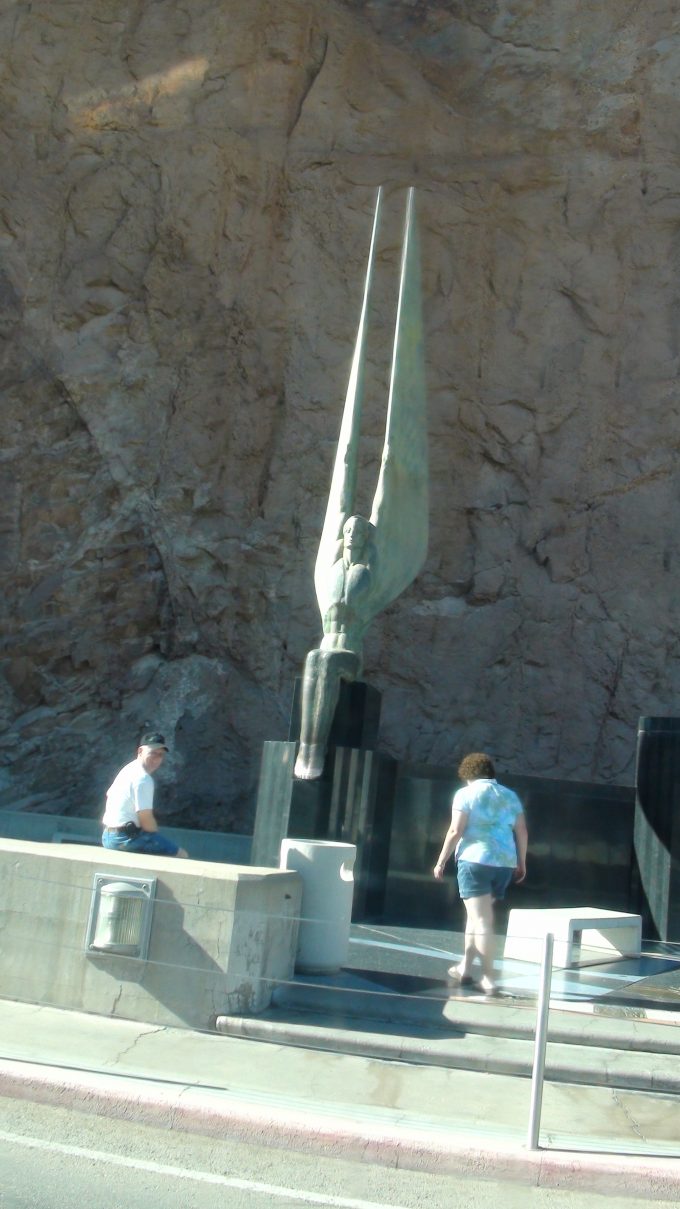
Wednesday, 21 November 2018
For the priesthood being changed, of necessity there is also a change of the law. Hebrews 7:12
The word, “For,” is given as an obvious conclusion of what was said in the previous verses concerning the idea of “another priest” arising “according to the order of Melchizedek.” It is an obvious conclusion, and the logic is irrefutable. The author says, “For the priesthood being changed.”
Under the law of Moses, the priesthood is called by the author “the Levitical priesthood.” This is because the priesthood is assigned to the tribe of Levi, but even more specifically, it is assigned to the line of Aaron who descends from Levi. The three main families of Levi (which come from Levi’s three sons) – Gershon, Kohath, and Merari – served the priests under this priesthood. The author now says that there is a change in the priesthood. But the priesthood is given based on the law. The two are permanently and inextricably interconnected, and one cannot exist without the other. Therefore, if the priesthood is changed, “of necessity there is also a change of the law.”
Despite being a rather obvious statement, this verse holds the single most profound truth for the Old Testament sacrificial system. David prophesied that One would come who would be a “priest forever according to the order of Melchizedek.” If this is a true prophecy, then it necessarily means that a new covenant must be built around the new priesthood. Moses received the law which centered on the book of Leviticus – the priestly duties specified for worship. Jeremiah also prophesied –
“Behold, the days are coming, says the Lord, when I will make a new covenant with the house of Israel and with the house of Judah.” Jeremiah 31:31
This New Covenant is centered on the new priesthood and its new High Priest, who is Jesus. This truth simply cannot be dismissed while holding to the truthfulness of Scripture. Just as a new constitution was established upon America’s break from England which inaugurated her new government, the New Covenant breaks entirely with the Old. As Paul clearly proclaimed –
“Is the law then against the promises of God? Certainly not! For if there had been a law given which could have given life, truly righteousness would have been by the law. 22 But the Scripture has confined all under sin, that the promise by faith in Jesus Christ might be given to those who believe. 23 But before faith came, we were kept under guard by the law, kept for the faith which would afterward be revealed. 24 Therefore the law was our tutor to bring us to Christ, that we might be justified by faith. 25 But after faith has come, we are no longer under a tutor.” Galatians 3:21-25
Paul calls the Law of Moses a “tutor.” In Christ’s coming, and for those who come to Christ, we are no longer under this tutor. Therefore, the Old Covenant, in its entirety, is abolished; nailed to the cross. Those mandates which are in the Old and which are repeated in the New are to be followed, but those which are not, such as the Sabbath requirement, are set aside in Christ. Vincent’s Word Studies rightly says of this –
“The fundamental idea of the law was that of a people united with God. Sin, the obstacle to this ideal union, was dealt with through the priesthood. If the law failed to effect complete fellowship with God, the priesthood was shown to be a failure, and must be abolished; and the change of the priesthood involved the abolition of the entire legal system.”
Vincent’s says, “If the law failed.” The Old Testament testifies to the fact that the law, in fact, failed. Even during the times of its failure, prophets came to proclaim a new priesthood and a New Covenant. They came to proclaim a complete break from the Law of Moses. If you can understand this, then in accepting Jesus for what He has done, you have truly entered the gospel of grace granted through Christ’s priesthood. Without understanding this, many who come to Christ leave one foot in the law and put one foot into the New Covenant. But the two are irreconcilable.
Life application: The term, “cognitive dissonance” signifies a state of mind where someone has inconsistent thoughts, beliefs, or attitudes, especially as relating to behavioral decisions and attitude change. When someone is told something that conflicts with what they believe, they either ignore the truth of what is said, or they build a framework of incoherent ideas around a system which attempts to justify their previous false beliefs. In other words, they enter into a world of make-believe. An example of this from the real world may be a conspiracy theory. When a person is told (and even shown) that the conspiracy they have believed in is false, they build their own incoherent framework around it in order to justify their previously held, but incorrect, beliefs. Instead of believing the truth, they are mentally determined to believe the lie. This concept, “cognitive dissonance,” is not done away with in Christ. Rather, it is often magnified in spiritual matters.
The author has now said that the law is changed. This means that the law no longer exists for those in Christ. He will expand on this, and he will explicitly state this in several ways throughout the remaining chapters of Hebrews. And yet, for those who have been told they must still adhere to the Law of Moses (whether in part or in whole) – even after accepting Christ – will often build make-believe frameworks of theology in order to justify why this is not true. In other words, they willingly choose to believe the lie. The word of God is written, and it explicitly states that the law is done. Christians are expected to accept this, and to rest in Christ, not in deeds of the law. To fail to do this, is to fail to accept the finished, final, and full work of Jesus Christ.
How blessed we are, O God, to be living in the dispensation of Grace which frees us from the strict and unattainable edicts of the law. It is a law which only Jesus could fulfill. It is His work, and not ours, which restores us to a happy relationship with You! Praise His name! Amen.




